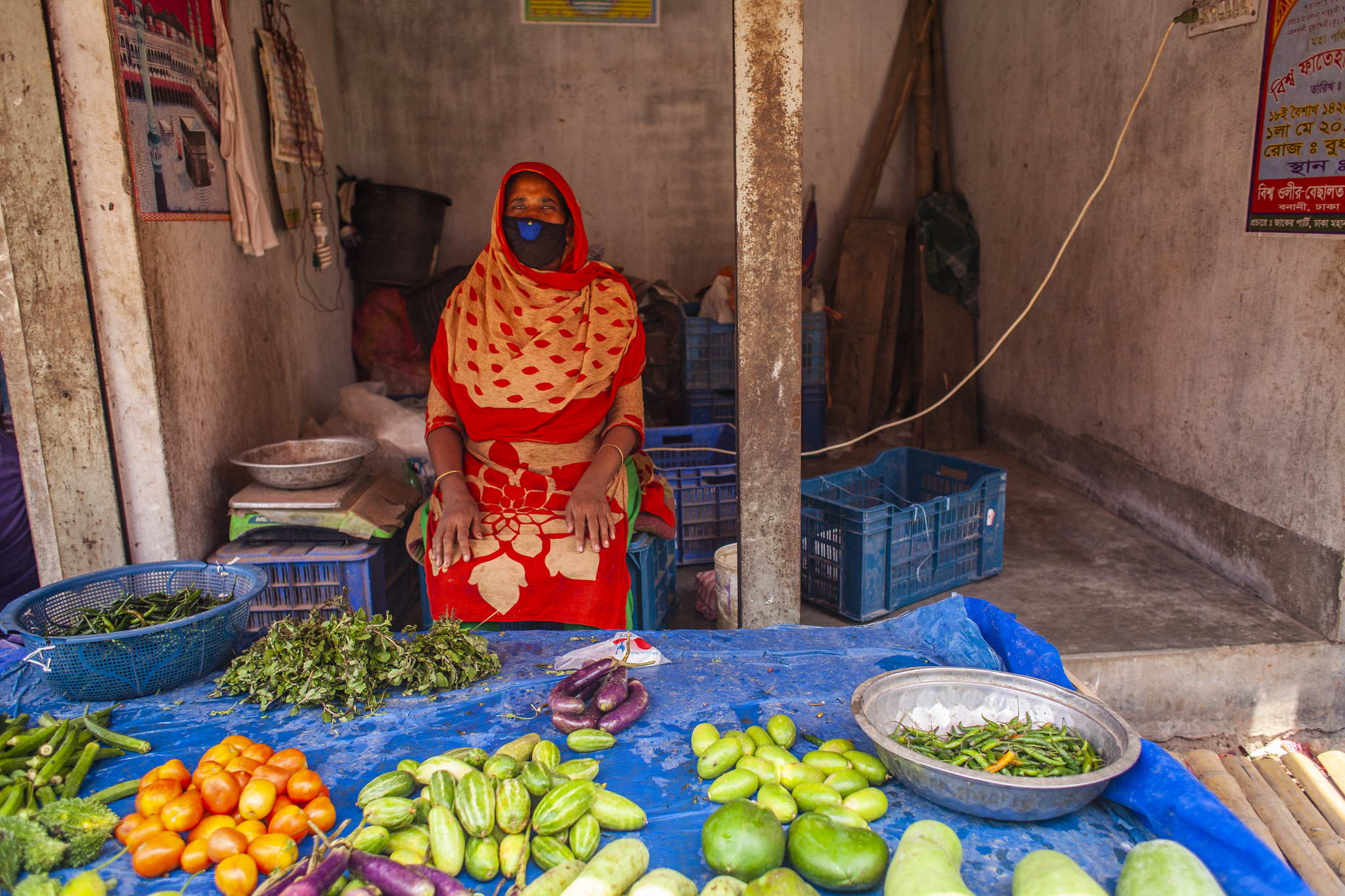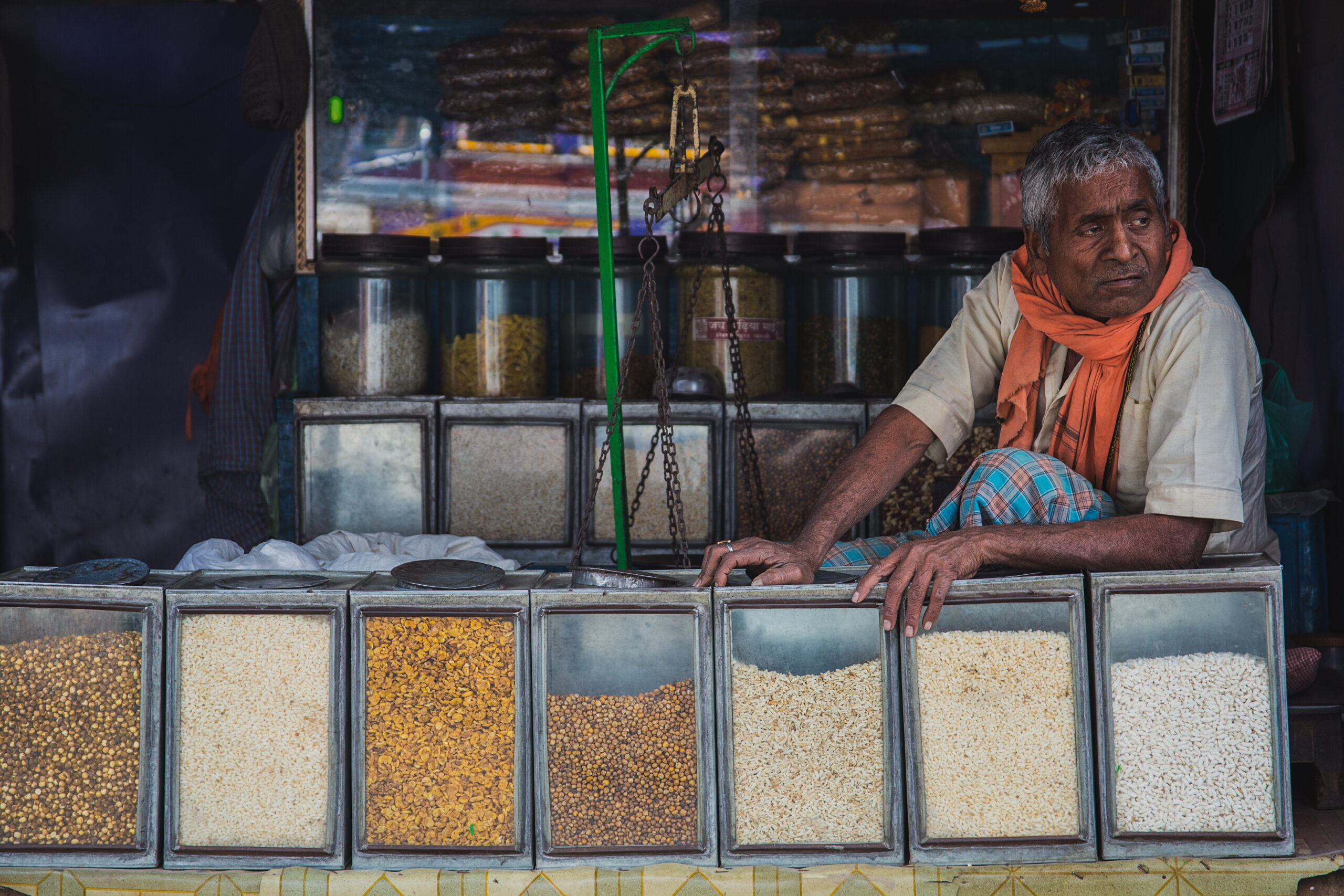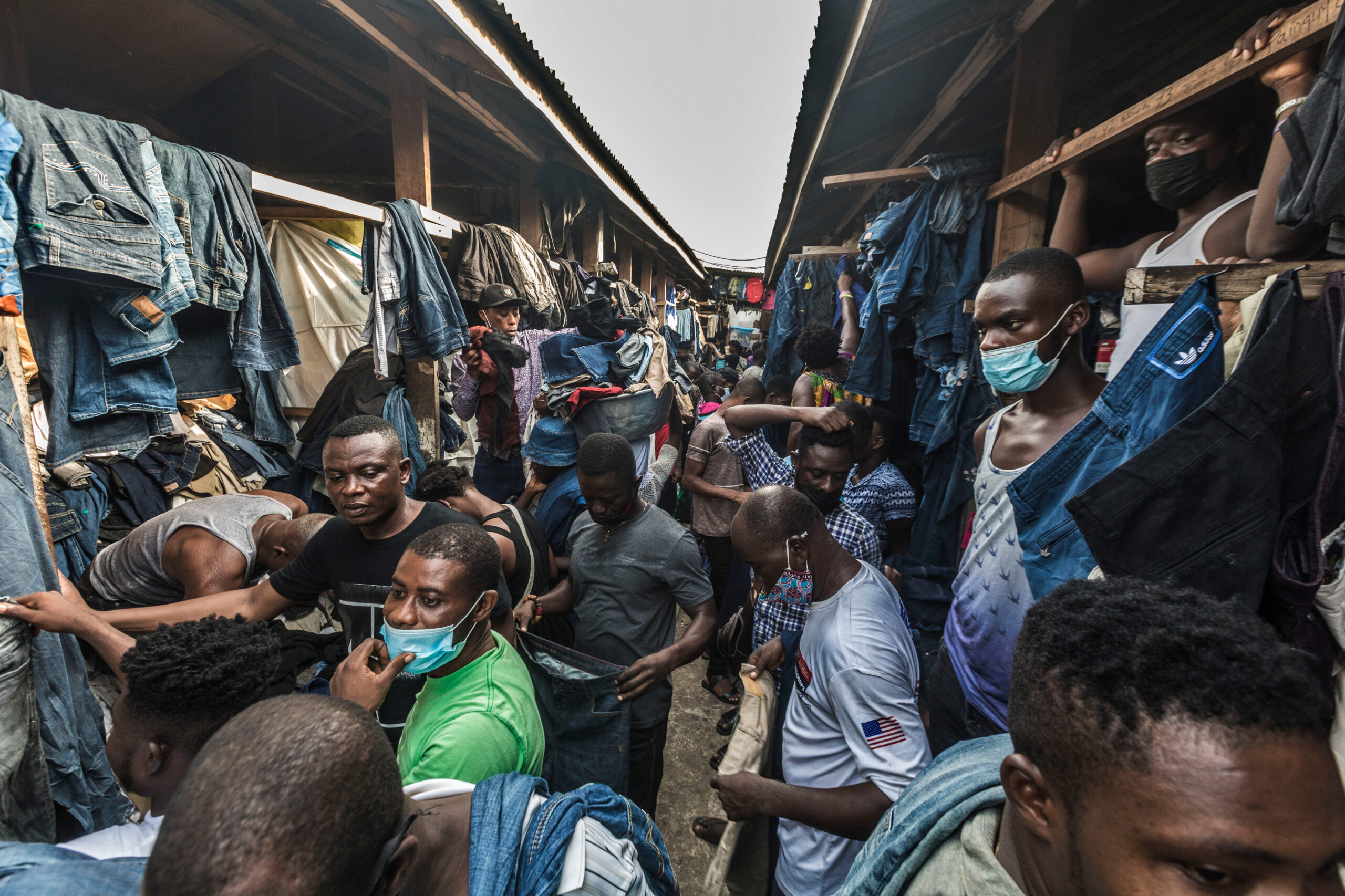Experts are calling for national level policy reforms to protect the food and livelihood security of those hardest hit by Covid-19 – women and workers in the informal economies of low- and middle-income countries.
This includes jobs such as street sellers, market traders and domestic workers. The recommendations were made at an Independent Food Systems Dialogue held on Friday (9 July), as part of the UN Food Systems Summit process.
Speaking at the event, Julio Berdegue, FAO Regional Representative for Latin America and the Caribbean, said:
“We have lost over a decade in progress to poverty reduction, with over 44 million people falling into food insecurity due to the pandemic. Never in history have we seen this impact in a single year and women have been affected far more than men.”
At the event jointly convened by Canada’s International Development Research Centre (IDRC), the Australian Centre for International Agricultural Research (ACIAR) and the Institute of Development Studies (IDS), new research was released that brings together findings from across sub-Saharan Africa, Latin America and South Asia on lessons from Covid-19 on food security and livelihoods.
It shows that among rural and urban settings, women and informal workers were the most vulnerable to food shortages and undernutrition and greater social protection measures are urgently required such universal cash transfers, tax reliefs, and rebates to mitigate the challenges of Covid-19.
Recommendations to build more resilient and sustainable food systems include:
- Keep agricultural markets and trading open and support smallholder farmers and small businesses to keep operating.
- Create policies that meet needs of women and young people working in the informal sector on lower incomes.
- Implementing more adaptive social protection measures to build resilience for households to shocks like Covid-19, but also addressing structural inequalities to make sure this protection reaches the poorest who need it most.
Studies in Ethiopia, Ghana, Kenya, Senegal, and Uganda show a massive increase in extreme poverty during the pandemic, prompting calls from some senior African policy actors for investment in social protection programmes, including universal cash transfers and tax reliefs.
In Latin America fifty percent of surveyed households reported that they were eating less meat and fish, and fresh fruit and vegetables due to a decline in income and increasing food prices. In Pakistan, researchers have found that inadequate social protection systems and structural inequalities are limiting response to Covid-19 designed to promote food security and livelihoods.
All this new research, irrespective of country and urban or rural settings, suggests that it will be vital to address the vulnerability of women, who are more likely to work in the informal economy, have lower incomes, and bear the extra burden of reproductive and domestic work.
John Thompson, Research Fellow at the Institute of Development Studies, said:
“The Covid-19 pandemic has highlighted how precarious the access to affordable, nutritious food is for millions of people around the world. Ahead of the UN Summit we mustn’t lose this opportunity to learn from the past 18 months and push for systemic reforms to address the deep-seated inequalities behind food insecurity. We must reform food systems to become resilient, equitable and sustainable into the next decade.”
The aim of the dialogue was to bring together a range of stakeholders and perspectives on the impact of the Covid-19 pandemic on food systems and livelihoods, focusing on the evidence and experience generated from the most affected communities in low-income countries.
The Covid-19 Responses for Equity (CORE) Research for Policy and Practice Report on ‘The Impact of Covid-19 on Livelihoods and Food Security’ – published by the CORE Knowledge Translation Programme, led by the Institute of Development Studies (IDS) – is available now to download. It is also available in French.
The IDRC Report on ‘Food systems and food security in the time of lockdowns: insights from sub-Saharan Africa’ is available in English and French.
The ACIAR report on COVID-19 and food systems in the Indo-Pacific: An assessment of vulnerabilities, impacts and opportunities for action (aciar.gov.au) is also available.
This news item was first published on the IDS website.


